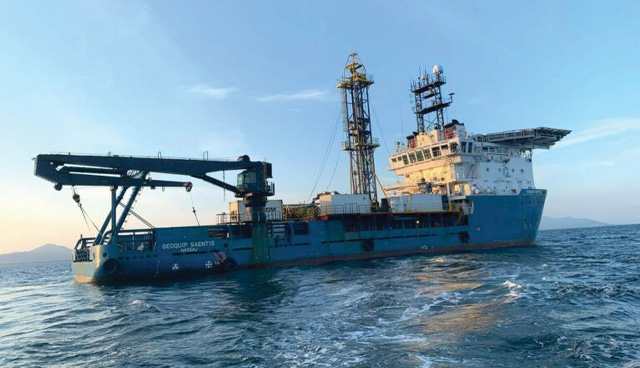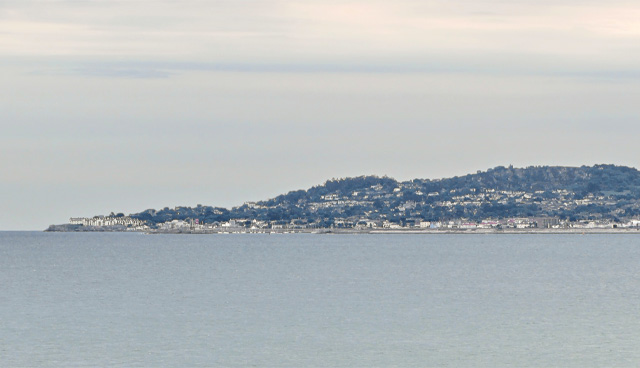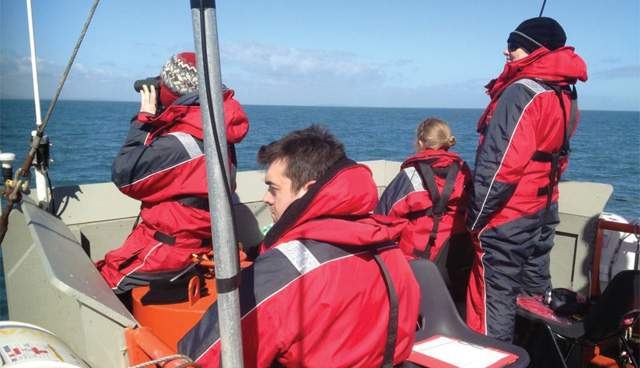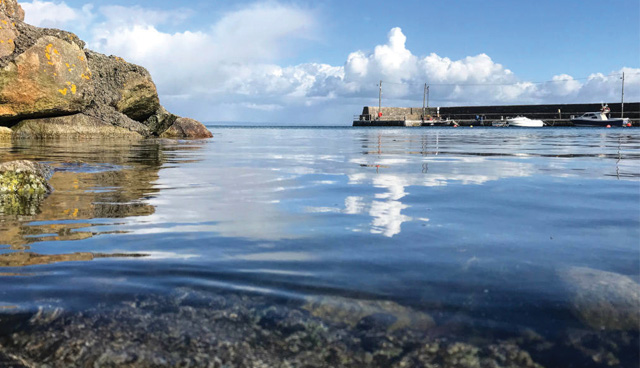First offshore wind RESS auction in 2021
23 February 2021For Ireland’s 7 per cent target, we’re ready
23 February 2021Offshore projects pipeline
In line with the Programme for Government’s scaling up of offshore wind capacity targets, 2020 saw the Irish Government fast track seven offshore renewable projects.
The Government announced ‘relevant project’ status for the seven projects in May 2020. With this status the projects will benefit from fast-tracking in construction and implementation.
The Climate Action Plan, published in 2019, pledged that Ireland would have 3.5GW of offshore wind capacity by 2030 as part of its drive to deliver 70 per cent of electricity from renewable sources by 2030. The 2020 Programme for Government scaled this target up to 5GW. The seven projects are spread across four wind parks and, when fully installed, will generate over 2GW of capacity.

Oriel Wind Park
Currently being developed by the ESB and Belgian company Parkwind, the 370MW Oriel Wind Park will be located off the coast of County Louth and is likely to be the first fully operational commercial farm in Irish waters. The Louth site was chosen due to its water depth, seabed sediments, wind speeds, shelter from high wave loads, low tidal currents and its access to existing grid infrastructure.
The project was first granted a conditional Foreshore Lease in 2010, but market conditions delayed construction. Parkwind became the operator of the project in 2018, with ESB joining later. The project is expected to apply for consent from relevant planning authorities in 2021, with the project due to be located between 6km and 22km from the coast.[/box]

Dublin Array
First proposed in 1999, the Dublin Array project comprises two projects that will be located in the Kish and Bray Banks, 10km from the Dublin coast. Led by the German company Innogy Renewables, the project is currently proposing the construction of between 45 and 61 wind turbines, with each individual turbine to have capacities of between 8MW and 15MW. Individual turbine tip heights are projected to be between 240 and 310 metres. Total project capacity is projected to be between 600MW and 900MW.
In its original conception, the project had considered up to 145 turbines, but footprint concerns have played a part in the reduction. Final decision on the parameters of the project, i.e., exact numbers of turbines and exact capacity, has yet to be taken, with survey activities still ongoing. The project is currently in the environmental assessments, onshore and offshore consent data stage, with the expectation that this will be completed in 2021, allowing the project to move onto the RESS Auction and the submission of an updated application to build and operate. Detailed design, procurement and a final investment decision are projected to be made in 2023. The completion of construction and the commencement of commercial operation date is currently set for 2026.[/box]

Codling Wind Park
The Codling Wind Park will consist of two projects, Codling I and Codling II. Led by Fred Olsen Renewables of Norway and France’s EDF, the project will be located to the east of the Codling Bank, on the east coast between Greystones and Wicklow Town. The project will be some 13km from the coast and is projected to add at least 1GW of capacity to the grid. Capacity projections of any kind are not yet definite as the projects undertakes “technical, environmental, socioeconomic and commercial studies to determine the maximum installed capacity”.
Subject to relevant permissions, the project’s operators say they envisage Codling to be “constructed in the mid-2020s”.
Sceirde Rocks
The Sceirde Rocks project is operated by Fuinneamh Sceirde Teoranta, a Galway Gaeltacht-based company in Indreabhán. The project seeks to put an offshore wind farm off the west coast, some 5km to 8km from Carna.
The proposed capacity for the project is set at 100MW, the operators having applied for a Foreshore Lease at this power as long ago as 2008. They also applied to EirGrid for a grid connection for 392MW in 2011. As things stand, Sceirde is the only project off the west coast to be given project status by the Government. It will consist of 20 turbines with total height of up to 140m and rotor diameter of up to 120m.[/box]
